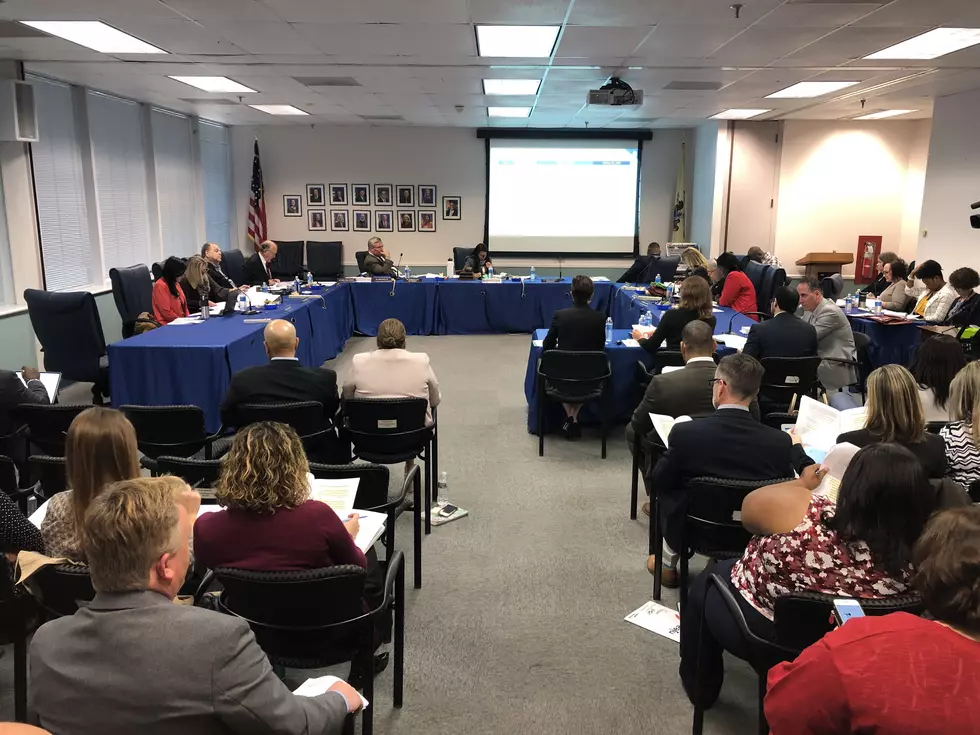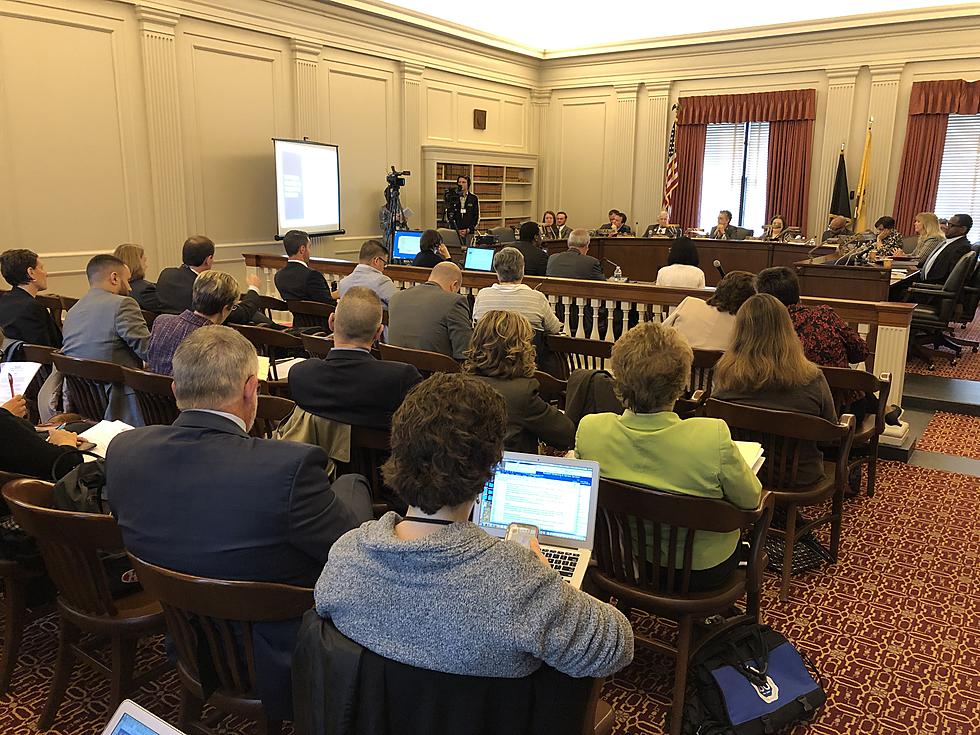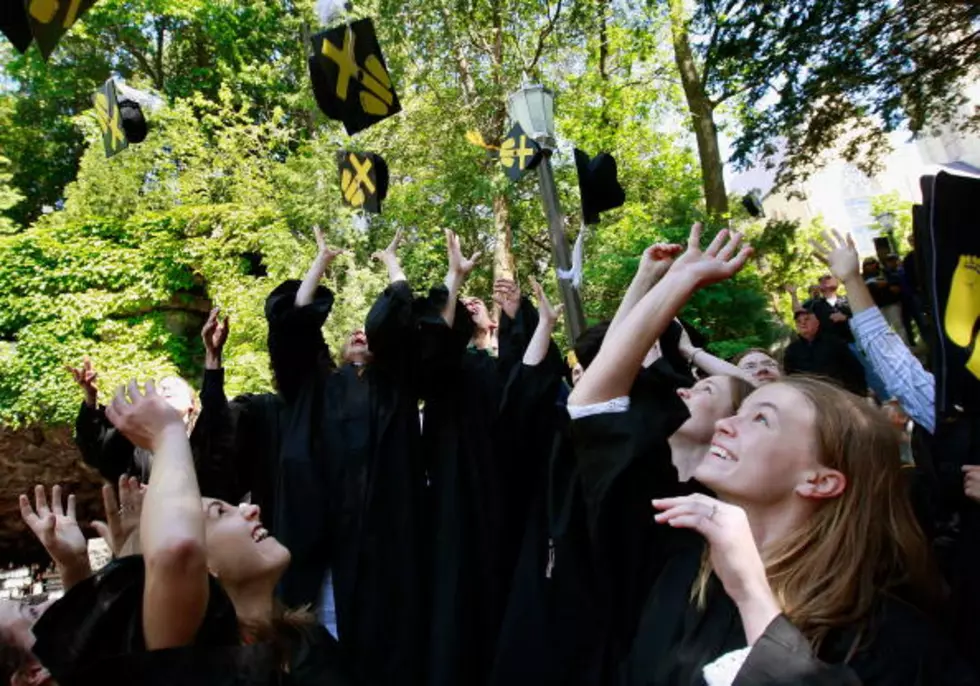
Poll: NJ wants schools held accountable, but not with test scores
The majority of New Jersey residents are happy with their schools, but they also think more accountability is necessary. Standardized tests like the controversial Partnership for Assessment of Readiness for College and Careers (PARCC) exams are not embraced as the best way to evaluate the performance of either teachers or students, according to a new Monmouth University poll released Wednesday.
"Sixty-one percent said their schools are doing a 'good' or 'excellent' job, but 53 percent said better measures are needed to hold them accountable. They're not so sure standardized tests are the way to go," said Patrick Murray, director of the Monmouth University Polling Institute.
Among those polled:
- 39 percent say appropriate measures are already in place to hold schools accountable;
- 24 percent rate their schools as "fair;"
- 8 percent rate their schools as "poor."
For a decade, New Jersey used the NJ ASK test, but it has been replaced by the PARCC exams. Despite the controversy surrounding PARCC, just 30-percent of Garden State residents in the survey said they had heard about the test.
Among that 30 percent:
- 58 percent are public school parents;
- 51 percent have no opinion of PARCC;
- 13 percent have a positive opinion of PARCC;
- 41 percent have a negative opinion of PARCC;
- 45 percent are neutral on PARCC.
"Among those who have heard a lot about the PARCC test, fully 60 percent had a negative opinion of it. Clearly, the more you know about the test the less you like it," Murray explained.
Overall, the survey revealed that New Jerseyans are split in their opinions of whether students are being tested too much, not enough or just the right amount:
- 40 percent say there is too much testing;
- 33 percent say there is the right amount of testing;
- 17 percent say there is too little testing.
Better than six in 10 respondents were not convinced that standardized testing is the ideal way to gauge the progress of either students or teachers. Specifically:
- 41 percent say testing does only a "fair" job of measuring student ability;
- 31 percent say testing in New Jersey schools does a "good job" of measuring student ability;
- 19 percent say testing does a "poor" job of measuring student ability;
- 5 percent say testing does an "excellent" job of measuring student ability;
- 37 percent say testing is only a "fair" gauge of teacher performance;
- 26 percent say testing is a "poor" gauge of teacher performance;
- 25 percent say testing is a "good" gauge of teacher performance;
- 6 percent say testing is an "excellent" gauge of teacher performance.
A little over half of New Jersey residents have heard about the new national Common Core standards. As with testing frequency, Garden State residents are split on Common Core.
Among the 52 percent who have heard about the standards:
- 67 percent are public school parents;
- 42 percent are neutral on Common Core;
- 37 percent have a negative opinion of Common Core;
- 19 percent have a positive opinion of Common Core;
- 23 percent think Common Core will better prepare students for college or work;
- 31 percent think Common Core will leave students less prepared for college or work;
- 39 percent think Common Core will have no effect on student preparedness.
"Residents don't think it (Common Core) is going to do what it claims to do which is to better prepare students for college and their workplace careers," Murray said.
The survey was conducted by telephone with 805 New Jersey adults from Jan. 30 to Feb. 2, 2015. The total sample has a margin of error of + 3.5 percent.
More From New Jersey 101.5 FM









